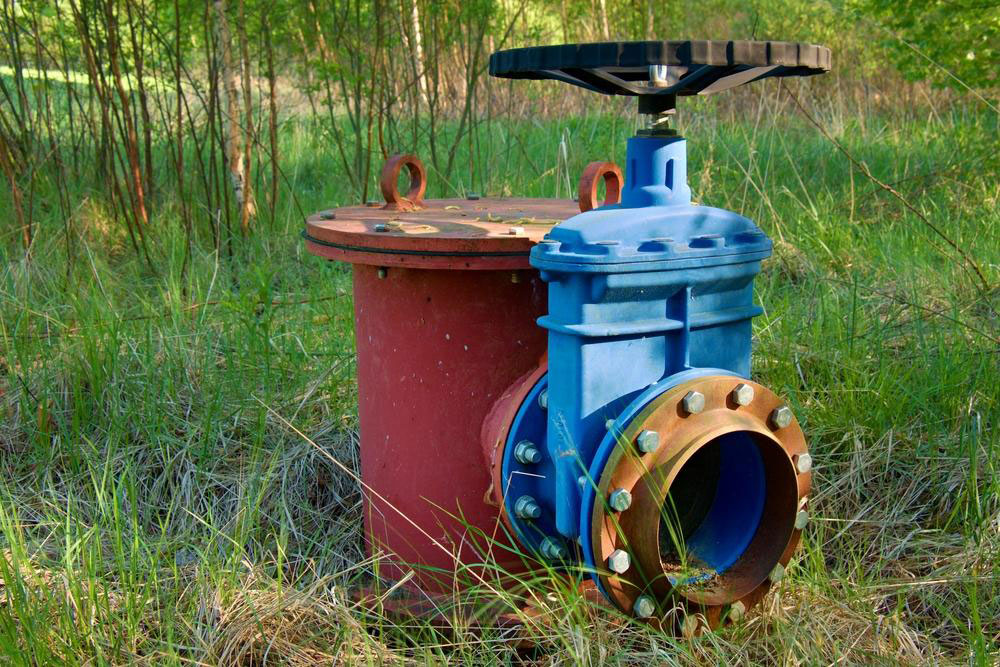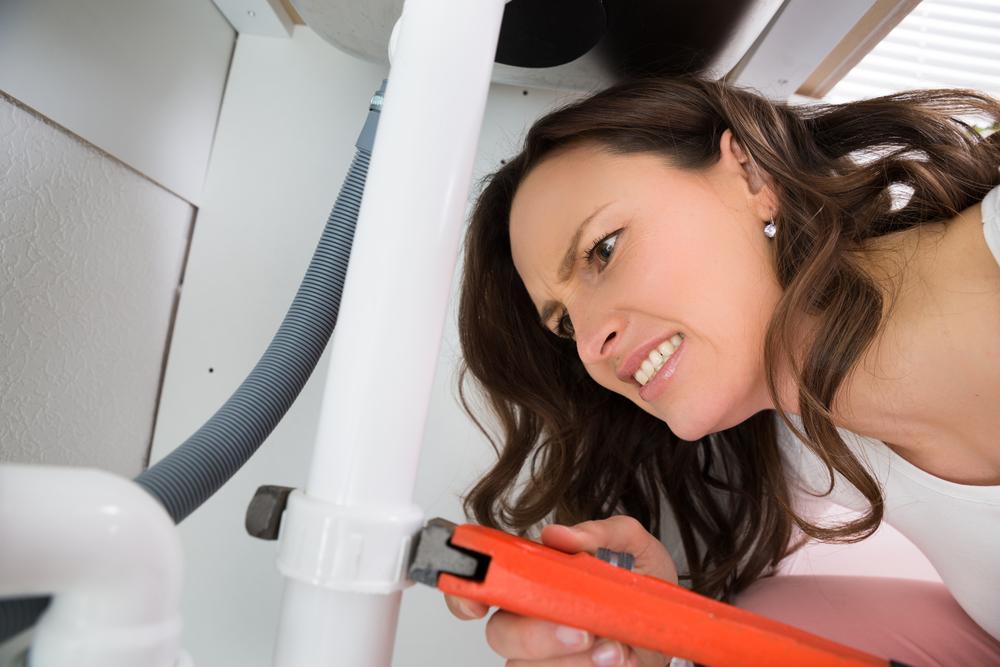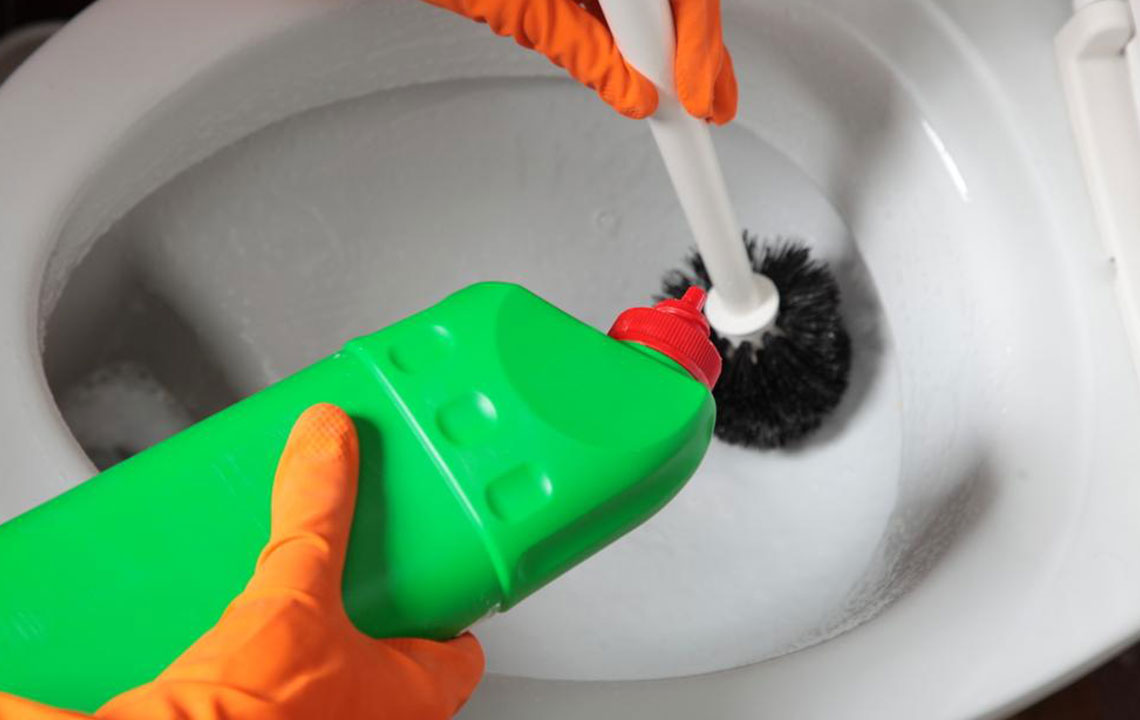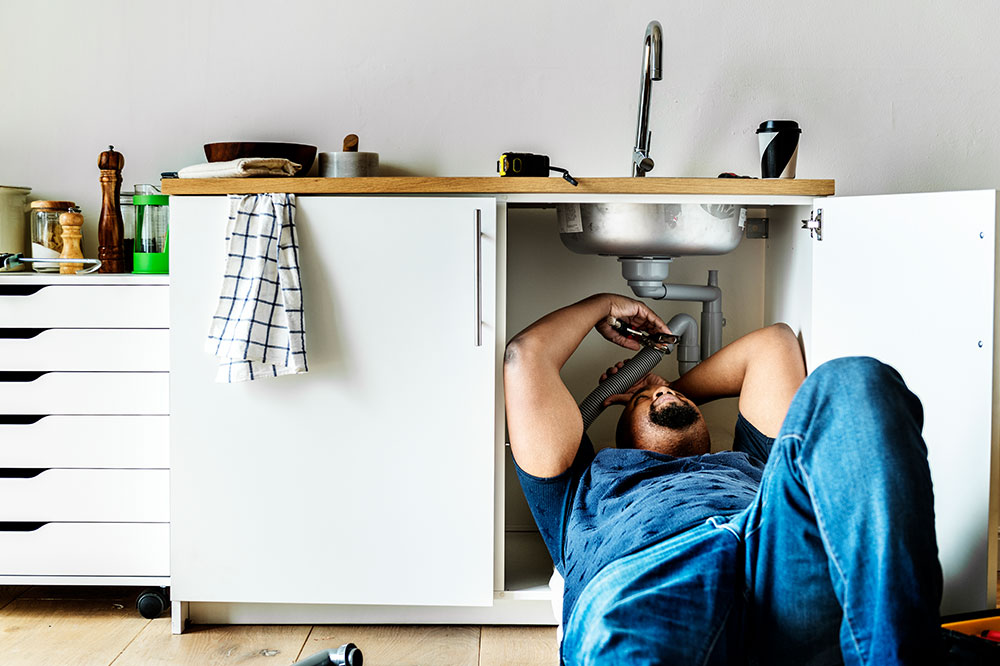Essential Tips for Proper Septic System Care
Learn essential tips for maintaining your septic system effectively. Regular inspections, proper water usage, and avoiding harmful substances are key to preventing environmental hazards and costly repairs. Follow our expert guidance to keep your septic system in top condition and protect your health and environment.
Sponsored

Proper Maintenance of Your Septic System
Septic systems play a vital role in managing household waste, treating wastewater, and preventing environmental pollution of soil and water sources. Maintaining them correctly is crucial to avoid health risks and costly repairs.
Understanding the Components
Septic systems comprise multiple parts that regulate waste flow and treatment.
Septic Tank Functionality
The wastewater from your home enters the septic tank, where solids settle at the bottom and are decomposed by bacteria into gases and sludge. Less dense materials form a scum layer on top.
The Outlet
The T-shaped outlet ensures smooth outflow while preventing scum and sludge from leaving the tank.
Drain Field
This area safely releases treated wastewater into the ground. Pipes set within gravel-filled trenches allow water to filter through soil and gravel, ensuring safe disposal.
Maintenance Tips
Regular upkeep not only benefits your household but also prevents environmental contamination of land and water sources.
Inspection and Monitoring
It’s advisable to hire a septic professional annually to inspect the tank, checking sludge and scum levels. If layers are too close to the outlet, pumping is necessary. Watch out for signs like foul odors, seepage, slow drains, or gurgling sounds, indicating potential issues.
Pumping Schedule
Have your tank professionally pumped approximately every three years to sustain optimal functioning.
Best Practices for Upkeep
Consider water consumption habits since all household wastewater flows into the septic tank, which has limited capacity. For example, a household of three typically generates about 300 gallons of wastewater daily.
Upgrade to low-flow toilets and fixtures to reduce water usage.
Use aerators on faucets and flow restrictors in showers.
Only operate your washing machine with full loads.
Never dispose of solids like diapers, wipes, cigarette butts, oils, paints, or chemicals in the toilet.
Avoid chemical drain cleaners, which can harm bacteria vital for waste breakdown.
Refrain from pouring solvents, paints, or floor cleaners down drains, as they damage bacteria and pollute groundwater.
Maintain the drain field with grass cover, avoiding concrete or plastic to allow air flow.
Direct roof and surface runoff away from the drain field to prevent saturation.
Never park or drive over the drain field to prevent compaction and damage.
Consistent practices, regular inspections, and timely pumping will ensure your septic system functions effectively for years to come.





